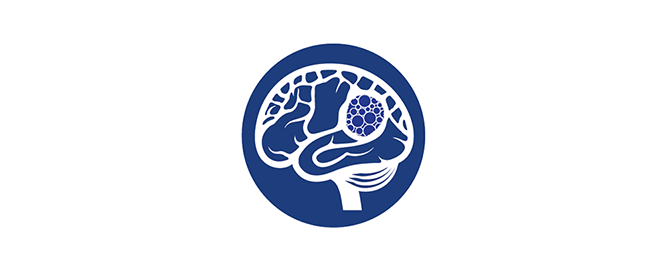An Interview with Marie Roguski, MD, MPH, Tufts Medical Center
Sitting in a NeuroPoint Alliance session on registries, during an American Association of Neurological Surgeons (AANS) Annual Scientific Meeting, Marie Roguski, MD, MPH, a neurosurgeon at Tufts Medical Center in Boston, heard a presentation about plans to develop a tumor registry.
“As I was already interested in registry-based systems, I was excited to hear more about the plans to develop one for central nervous system tumors. After the session ended I walked up, introduced myself and volunteered to help get the tumor registry started,” commented Dr. Roguski. “In my practice, I was very aware of a bias that affected my understanding of how my patients with tumors were doing. When post-surgical patients talk to me, they are often eager to show how well they are doing. It can be difficult to get them to freely talk about difficulties they are having; they don’t want to disappoint me. As their surgeon, the less positive information is what I really need to know in order to make changes that improve my practice. Truly objective data is the holy grail in medicine.”
For each case submitted, the registry is collecting basic demographic information, information about the tumor, pathology information, details of the procedure, complications, outcomes, survival, morbidity and quality of life measures. For Dr. Roguski, the key is the quality of life measures.
“While it is still too early to say that QOD Tumor has produced ‘results,’ it is already giving some insight. We are looking at the pilot data so that we can make a few, seamless modifications, but I believe we are on the correct path to collect meaningful information.
“In order to improve quality of care, we – as a specialty – need objective measures. If you can’t measure it, you can’t improve. While I can study my own practice and my own cases, it is still a small sample. If you can look at a broader swatch, you can find places for change. By looking across a whole registry, I have a comparison. Once I have the comparison, I can act on it. Every doctor wants to provide the most appropriate, evidence-based care possible. QOD Tumor will help us do that.
“There are lots of ways to treat patients with tumors. I’ve found that conversations about available options are better when you have data to inform the discussion. Each of us have a tendency towards treatment approaches that we have more experience with and a reluctance to try new or different approaches. I can’t wait to be able to look at the data in QOD Tumor and see what it tells me about the results of our past cases, so that I can apply that knowledge to the treatment of my current patients.
“In the long term, I hope that neurosurgeons can take an honest look at their data and practice and really see how our patients are doing. This examination is how we find the path to continuous improvement in areas like re-hospitalization, infection and long-term results. QOD Tumor is going to provide an honest assessment of areas we can target for progress and improvement.
“NeuroPoint Alliance was able to really help mold the registry. Their experience guided us to get the most information we reasonably could in as data points. Working together, I think we’ve created a data collection set that will be highly valuable for participants and the patients they treat. Additionally, following the model of other NPA registries, QOD Tumor requires a dedicated staff person to handle the data entry and follow up. This lessens the burden on other staff and provides an important consistency to the data that is being entered.
“There are just so many variables that need to be considered in the treatment of tumors. With QOD Tumor, neurosurgery now has a registry that supports quality improvement. It will help us answer difficult treatment questions with data-supported answers. I’m very excited to see where the specialty will progress, thanks to the data now being collected and the analysis that is to come.”








